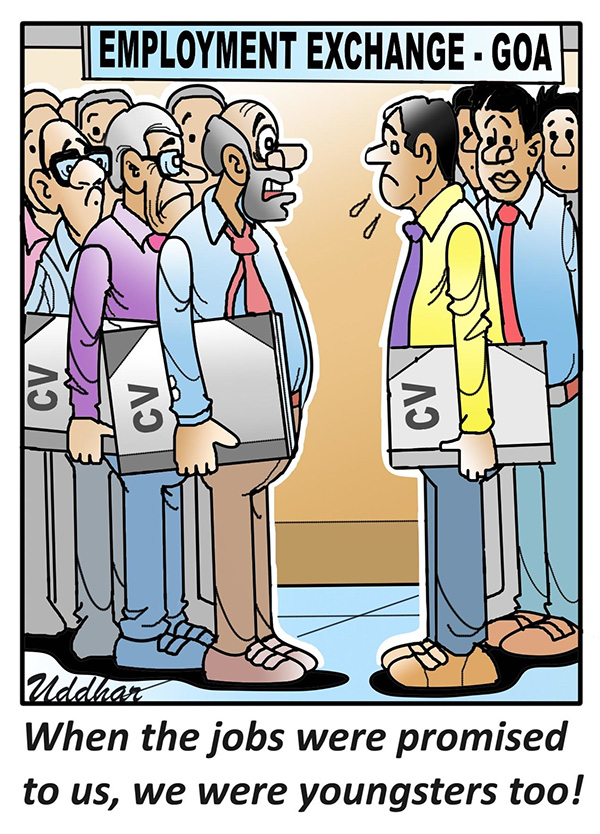10 Sep 2018 | 05:25am IST
How social media can Help identify Depression
Social media posts can help unveil depression among our friends and followers. As a social media user, you can do your bit by being alert to the warning signs of those struggling with depression. There have been several cases wherein people have expressed their distress online with the hope of being rescued. Their pleas for help went ignored until it was too late to save them. Listed below are types of content that depressed or suicidal individuals upload on their social media accounts.
The posts include but are not limited to:
Melancholic pictures - A research published in EPJ Data Science found that depressed Instagrammers were more likely to use filters that were bluer, greyer and darker than warmer and brighter filters that are generally used by non-depressed individuals.
Depressed Selfies - Some individuals consistently upload sad pictures of themselves including pictures of them in tears. It's not an attention-seeking tactic but rather a way of documenting their battle with depression. They want to show the world the raw and unedited side of themselves. Pictures of self-harm - Unlike before, teenagers today share images of self-inflicted injuries on their body. And they do so under coded hashtags and 'finsta' accounts. Some even join online communities that support and validate self-harm. Instead of being repulsed by images of cutting, young people tend to compete to make the deepest gash.
Pictures of pills, guns, knives or blades - Images of weapons used for self-harm and suicide are also posted. Boys are more likely to upload pictures of them holding a gun.
Poems on suicide - While some distressed individuals may post a direct note stating their intention to end their life others may express their hopelessness through poems.
The above warning signs can serve as indicators to detect underlying mental health issues. Therefore, one must exercise care while dealing with such an individual. Posts that indicate a threat to the safety of self or others should always be taken seriously. Maximising or minimizing the individual's pain is not the solution.
Rude and mocking comments must be avoided as it will further aggravate the individual. Do not ridicule the individual as an attention-seeker. S/He may require urgent mental health intervention. Instagram and Facebook allow users to report posts as suicidal. The concerned individual then receives links to an online counselor and other helpful resources.
Family members must be informed. Depressed users are also good at concealing their feelings and may not show signs of distress in their content and pictures that are posted online. Hence, family and friends must be observant. Significant changes in the individual's behavior and daily functioning calls for an evaluation by a psychologist or psychiatrist.
Social media is known to exacerbate symptoms of depression, anxiety and body dysmorphia among vulnerable young people. Cyber-bullying and digital self-harm have become a growing concern. Therefore, parents and educators need to mentor children on the proper use of social media and discuss mental health issues more openly.
